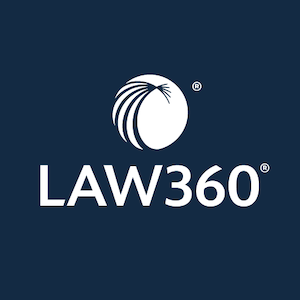Judge Reduces Scope of Copyright Lawsuit Involving Microsoft and OpenAI

Copyright Infringement Claims Against Microsoft and OpenAI
Overview
A federal judge in New York recently ruled on a case involving news organizations’ claims against Microsoft and OpenAI. The plaintiffs accuse these tech giants of copyright infringement due to their alleged use of news content to train generative artificial intelligence (AI) models. Although the judge dismissed certain claims under the Digital Millennium Copyright Act (DMCA), the court allowed the plaintiffs to modify and potentially strengthen their allegations.
Background of the Case
Generative AI models have become increasingly sophisticated and are capable of producing human-like text and content. However, the methods used to train these models often involve large datasets, which frequently include copyrighted material without permission from the original creators. In this case, the news organizations argue that their articles and other proprietary content were used unlawfully to develop the AI technologies created by Microsoft and OpenAI.
Key Legal Points
The central legal issue revolves around copyright infringement. Copyright law grants creators exclusive rights to their content, which includes the right to control how it is reproduced and distributed. When content is used without permission, it can lead to significant legal challenges.
Claims Made by News Organizations
The news organizations involved in this lawsuit assert both direct and contributory copyright infringement. Here’s a breakdown:
- Direct Infringement: This claim focuses on the idea that Microsoft and OpenAI directly used the news content without authorization.
- Contributory Infringement: This suggests that these companies did not just infringe directly but also contributed to the infringement by creating or distributing tools that allowed others to utilize the copyrighted material.
The Ruling and Its Implications
In the recent ruling, the federal judge preserved the infringement claims, allowing the case to proceed, which indicates that the court recognizes the potential merits of the news organizations’ arguments. However, the judge did narrow some aspects of the case under the provisions of the DMCA, which aims to combat copyright infringement and protect the rights of content creators.
Opportunity for Refinement
Crucially, the judge has given the plaintiffs the chance to rework their claims. This means they can provide additional details or clarifications that could strengthen their case. The opportunity to amend the allegations is significant, as legal cases often evolve based on initial rulings and feedback from the court.
Importance for the Industry
This legal dispute highlights the ongoing tensions between traditional media companies and technology firms. As generative AI continues to develop, the question of what content can be used for training models remains contentious. This case could potentially set a precedent regarding how AI companies can use copyrighted content, impacting not only those involved but also the industry at large.
Trends in Copyright Law
- Increased Litigation: There has been a rise in copyright-related litigation, especially concerning digital publications and AI.
- Focus on AI: As AI technologies become more integrated into our lives, legal frameworks are still adapting to address copyright concerns.
- Content Ownership: There is an ongoing debate about ownership rights in the digital landscape, particularly as AI-generated content blurs traditional boundaries.
Conclusion
This ongoing legal battle emphasizes the intricate relationship between content creators and AI developers. As news organizations work to protect their copyrighted material, it remains crucial for all parties involved to navigate the legal landscape carefully, ensuring that technology can thrive without infringing on creators’ rights.



